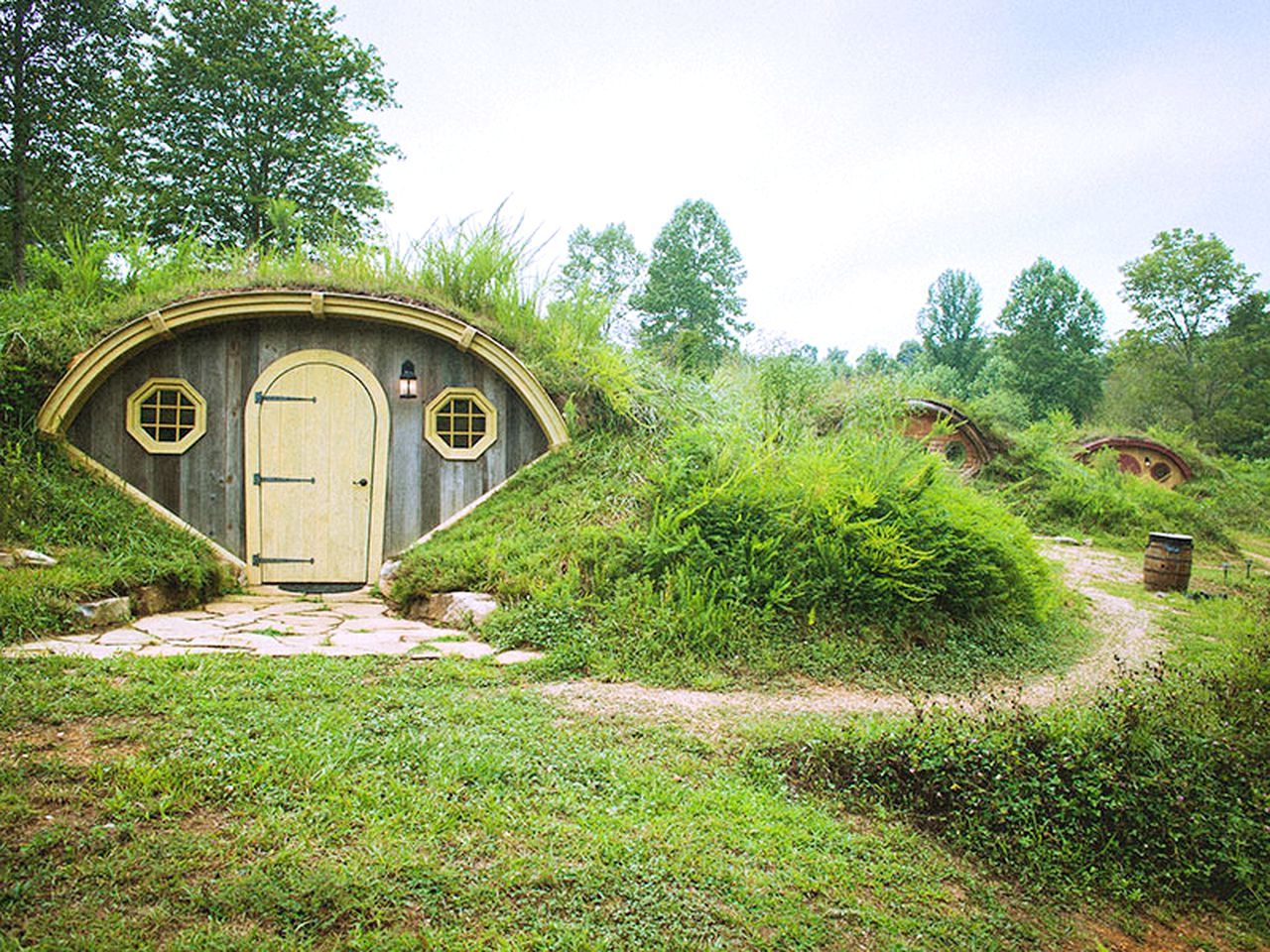As a vacation rental owner, are you juggling bills and tax regulations? We have some exciting news for you! You can deduct a lot of money from your taxable income, and we’ll go through one of the essential ones: depreciation on holiday rental properties.
The Internal Revenue Service (IRS) is the federal agency collecting taxes for the United States government. We suggest reading Chapter 2 of Publication 527 before going into this subject.
We understand how perplexing it may be, so we’ve created a free rental property depreciation calculator to assist you. This post also includes a detailed explanation of vacation rental depreciation, how to optimize it, and what regulations you must follow. Let’s get this party started!
What Is Depreciation in Rental Property?
The term “vacation rental property tax depreciation” refers to the process of recovering the cost of a property utilized for commercial purposes throughout its useful life (which is 27.5 years). You may deduct expenditures from your tax return annually by depreciating a property. This process starts when you put the property in service to generate money.
Property owners benefit from depreciation since they may deduct the cost of acquiring the property and the improvements made over time. Your property’s base determines the amount you may deduct, the recovery time, and the depreciation method employed.
You must cease depreciating your rental property after the cost or basis of the property has been completely recovered.
Depreciation Rules for Vacation Homes
Several laws and regulations are set in place to assess whether a property may be depreciated or not. According to the IRS, you must fulfill the following four criteria to depreciate your property:
You are the property’s owner.
A property’s owner is the only one who may depreciate it. This implies that if you rent out your property to someone else, they won’t be able to depreciate it. However, if they make permanent alterations to your rented property, this regulation does not apply.
The property is utilized for commercial purposes and produces revenue.
If a vacation rental property is utilized for personal purposes for fewer than 14 days a year or 10% of the total days it is rented out; it is deemed a business (at a fair rental price).
The asset has a measurable useful life
Your property must be something that loses value over time with a projected period of usefulness, often known as having a determinable useful life. This might involve becoming outdated, losing value due to natural disasters, or just wearing out. However, the property does not have to be in poor condition to be depreciated.
It’ll probably endure longer than a year.
A property must have a life expectancy of more than a year to be eligible for depreciation.
Properties that cannot be depreciated are listed below
It’s crucial to understand that some categories of property cannot be depreciated. This covers both land and properties that are exempt. Because land never runs out or is depleted, it cannot be devalued. Maintenance fees (such as landscaping and planting) are also not paid unless directly related to the rental property.
You can’t depreciate property placed into and taken out of operation in the same year, nor can you depreciate equipment utilized to make capital upgrades.
Different Methods of Depreciation
The Modified Accelerated Cost Recovery System is the most used depreciation technique (MACRS). This term refers to any rental property that was established after 1986.
You’ll either employ the Accelerated Cost Recovery System (ACRS) or the straight line/declining balance technique if your property was put into operation before 1987.
How to Work Out Rental Property Depreciation
Establish the property’s foundation.
The sum you paid for the house when you bought it is your foundation in it. This may include the following, according to the IRS:
- The sales tax when you acquired the property (unless you itemized deductions for state and local general sales taxes on Schedule A/Form 1040)
- Obtaining the item necessitated the payment of freight expenses.
- Fees for installation and testing
- Fees for installing utility services, recording expenses, legal fees, surveys, transfer taxes, title insurance, back taxes or interest, sales commissions, and so forth are all part of the settlement costs.
- Fire insurance payments, leasing costs before closing, and financing fees are not included in the calculation (like mortgage insurance premiums, loan assumption fees, the cost of a credit report, or appraisal fees).
Calculate the land cost vs. the rental cost.
You’ll have to assess the worth of your house on its own since you can’t deduct the cost of land. To do so, utilize the property’s fair market value at the time of purchase or the assessed real estate tax values. If you paid $140,000 for your home, but it’s now worth $100,000 ($90,000 for the rental and $10,000 for the land), you can simply figure out how much each component is worth by completing the following.
The rental property’s worth is:
$90,000 divided by $100,000 = 0.9 = 90%
The land’s worth:
$10,000 divided by $100,000 = 0.1 = 10%.
Calculate the rental’s foundation.
Calculate 90 percent of $140,000 to get the rental’s base. The whole amount is $126,000.
Divide the base by the recovery time to get the amount depreciated each year. In this example, you would deduct $4,589 per year since the residential rental property may be depreciated for up to 27.5 years.
Divide the number of service months by 12 and double the result by $126,000 if the residence was not available for rent for the whole year.
Most Commonly Asked Questions
Here are some of the most often asked questions concerning rental property depreciation by landlords:
Is it possible to depreciate a vacation rental property?
Yes! You may claim depreciation as long as you own the property. It has a determinable useful life, it’s projected to last more than a year, and it’s utilized for commercial activities.
Is it possible to depreciate tile flooring in a vacation rental?
Tile flooring, a permanent feature, maybe depreciate over the same time as your vacation rental property.
Can I deduct unused depreciation when I sell my vacation rental?
You will be taxed on depreciation recapture if you do not claim depreciation while your property is on the rental market. This essentially implies that the proceeds from the sale of your home will be taxed as regular income.
Is it possible to depreciate furnishings in a vacation rental?
Yes, but it depreciates over five years since furniture has a shorter useful life than a dwelling.
Is it possible to depreciate outside doors when renting out a vacation home?
Because doors are considered part of a rental structure, they may be depreciated for 27.5 years.
Is it necessary to deduct depreciation on vacation rentals?
While claiming depreciation isn’t needed, the IRS will charge you a recapture tax whether you do or don’t.









